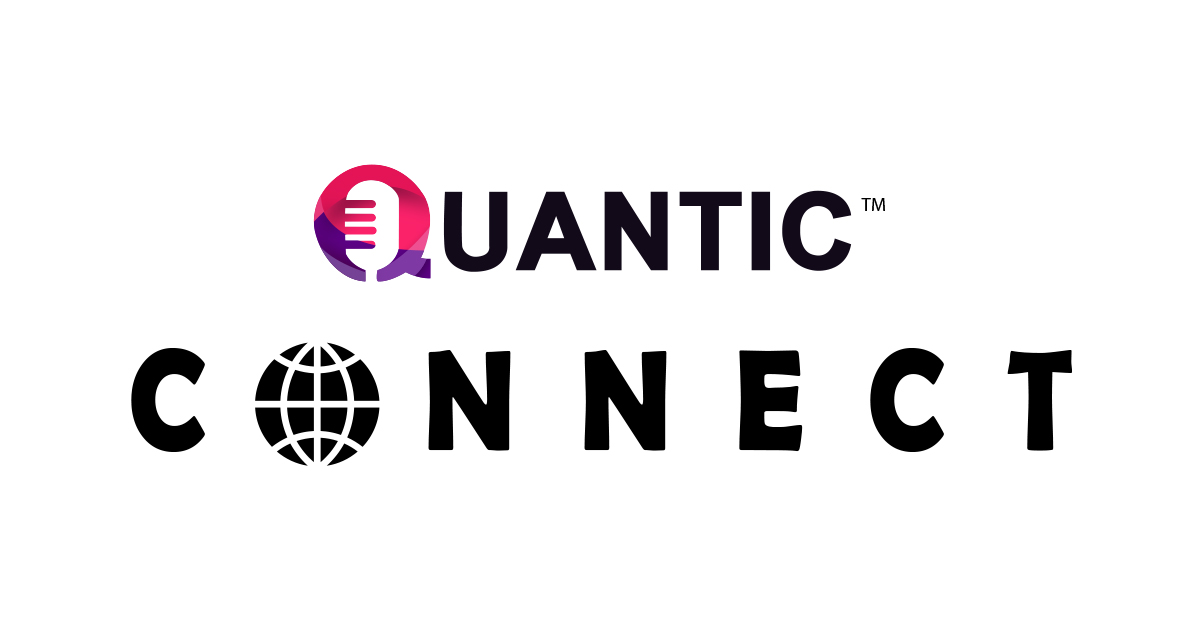Cloud computing has revolutionized the way organizations and individuals store and access data, providing users with a secure environment to store, manage, and process data from multiple sources. This technology eliminates the need for costly hardware investments by allowing users to access their data from anywhere with an internet connection. With cloud computing, businesses can keep their data secure while scaling quickly and cost effectively. Cloud computing has quickly become a popular choice for businesses due to its convenience, scalability, and cost-effectiveness. It allows businesses to store and share large volumes of data without having to invest in expensive on premise infrastructure. This increased productivity has been great for businesses as it has enabled them to remain competitive in the market while cutting costs. Furthermore, cloud computing is secure, reliable and can easily scaled up or down depending on the business’ needs.
There are three types of cloud environments
- Public Cloud – Public cloud services are hosted by third-party cloud service providers, so companies don’t have to worry about setting up any infrastructure for their cloud use. These providers take care of all the necessary setup and maintenance, allowing clients to access their web services easily via web browsers. This makes public clouds a convenient and cost-effective solution for businesses that want to scale quickly without investing in additional hardware or software.
- Private cloud – Private clouds provide an additional level of security to organizations since they are typically dedicated to a single group or user and rely on that group or user’s firewall. This provides an isolated nature for the cloud, which helps it stay secure from outside attacks since it is only accessible by one organization. Additionally, due to the dedicated resources and infrastructure, private clouds tend to be more reliable than public clouds as they are not at risk of suffering from resource contention with other users on the same cloud platform.
- Hybrid Cloud – Hybrid clouds are an attractive solution for many businesses because they offer the best of both worlds. With hybrid clouds, organizations can leverage the scalability of public clouds while still having greater control over their resources than with a purely public cloud. Furthermore, hybrid clouds allow for multiple environments to be connected and scaled based on demand, allowing organizations to save time and money by adapting their infrastructure for different applications and workloads.
There are three main types of cloud computing services:
- Infrastructure as a Service (IaaS): This service provides virtualized computing resources over the internet, such as servers, storage, and networking. Users can deploy and manage their own software and applications on these virtual machines.
- Platform as a Service (PaaS): This service provides a platform for developing, testing, and deploying applications over the internet. The platform includes an operating system, programming language, and web server. Users can deploy their own applications without worrying about the underlying infrastructure.
- Software as a Service (SaaS): This service provides a software application over the internet, such as email, customer relationship management (CRM), and productivity software. Users can access the application through a web browser or mobile app without having to install any software locally.
Benefits of Cloud Security
- Lower costs involved: One of the most significant advantages of using cloud computing is the fact that you, not the hardware you have to pay for the service. Not having to buy dedicated hardware helps you save money, and it can also help you avoid making costly security upgrades.
- Enhanced reliability and accessibility: Having a secure way to immediately access your data is essential. Cloud security is the best way to ensure that your data and applications are readily available to authorized users, while keeping the data safe from malicious attacks. Cloud security also provides a layer of protection for data stored in cloud-based systems and helps organizations maintain compliance with industry regulations.
- Centralized security: Cloud computing provides a central location for data and applications, with lots of different endpoints and devices requiring security. Security for cloud computing centrally manages all of your applications, devices, and data to make sure every detail is protected.
- Enhanced protection from DDoS attacks: Distributed Denial of Service (DDoS) attacks are some of the largest threats to cloud computing. These programs can send large amounts of traffic to a server with the aim of disrupting software and hardware. Cloud security protects your computer servers from these assaults by monitoring and filtering the incoming traffic.
Why is Cloud Security Important for business?
Cloud security is an important factor to consider when running a business today. It ensures that all sensitive data remains secure and confidential while also protecting against malicious attacks or unauthorized access. Cloud security also helps protect businesses from data breaches and other cyber threats, which can be extremely expensive to recover from. As cloud technology continues to evolve, businesses need to stay up-to-date on the latest best practices in order to ensure their customers’ data remain safe at all times.



